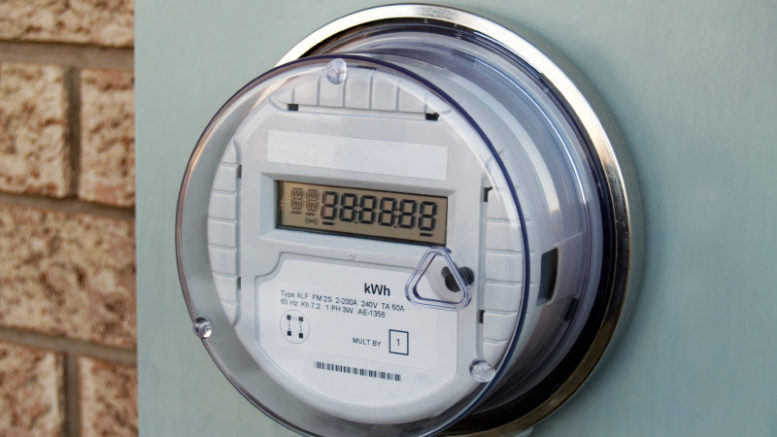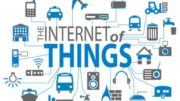The new 5G networks expected in 2019 will bring faster wireless speeds and bigger capacities. The internet of things will take a big leap forward, and with it, the growth of smart homes. Today’s modern refrigerators, washers, dryers, and TVs come standard with a wireless connection. And popular virtual assistants like Google Assistant and Amazon’s Alexa are serving as smart home hubs — letting homeowners control everything from lighting to sprinkler systems. Smart homes and smart devices are popular because of the following benefits they bring homeowners.
Cost Savings
Smart home devices save you money on utility costs and repairs. Many people who own smart homes invest in smart leak detectors to help save on costly repairs. These small devices sit next to areas — like your hot water tank or washing machine — and monitor moisture levels. Whether it’s a slow drip or burst water pipe, leaks cause serious destruction to floor joists, tiles, and plumbing. Smart leak detectors alert you immediately, by email or text. The faster you respond, the less you have to pay a contractor for repairs.
Smart thermostats can save homeowners up to 12% on their heating and cooling costs. They can even track and adjust temperatures in different zones of your home. If specific rooms aren’t used often, smart thermostats will devote less energy to heating and cooling them.
Environment-Friendly
Smart devices use fewer resources than standard devices. Using smart lights is one way to make your home eco-friendly. You can control smart lights with your smartphone or tablet; therefore you can turn lights off if you’ve accidentally left them on. And smart lights can detect when you’re close to home and turn themselves on shortly before you arrive. You can also adjust the brightness of smart bulbs to save on your kilowatts per hour usage.
Lawn sprinklers have also gone smart. Today’s smart sprinklers can adjust water usage based on the weather. No more watering the lawn during a downpour. Sprinklers connected to the internet can operate based on the local weather forecast. And they can even produce monthly water usage reports, so you’ll know if you’re complying with local watering restriction during the dry season.
Enhanced Home Security
A smart home is a secure home. And smart tech helps keep your family and property safe. Smart home security systems include cameras, sensors, and alarms that are accessible remotely. Many brands let you live stream the interior and exterior of your home through your smartphone. Remote control means you can grant access to select people — like arriving family members or a delivery person — from anywhere there’s an internet connection. And remote monitoring helps cut down on false alarms, which are a common issue for standard security systems. Smart systems can also alert you to windows and garage doors left open. Smart home security comes in complete, professionally installed systems or as DIY systems you build out yourself.
Accessibility
For households that have members with special needs, smart home tech can give them the access they need. People with mobility issues can operate lights, TVs, and thermostats by voice command. Seniors with memory problems can use smart home hubs to set reminders for medications or use smart locks to remotely unlock doors for health assistants. Folks with sensitivities to loud noises can easily adjust the volume of smart TVs, radios, or virtual assistants. Smart tech can make independent living possible for those with severe mental and physical limitations.





